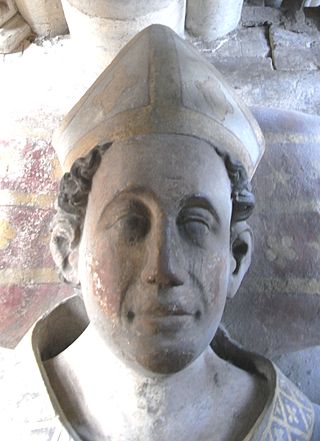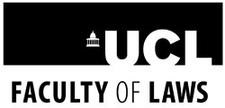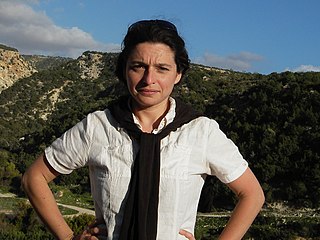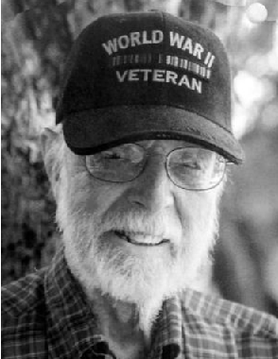
A lawyer is a person who practices law. The role of a lawyer varies greatly across different legal jurisdictions. A lawyer can be classified as an advocate, government lawyer, attorney, barrister, canon lawyer, civil law notary, counsel, counselor, solicitor, legal executive, or public servant — with each role having different functions and privileges. Working as a lawyer generally involves the practical application of abstract legal theories and knowledge to solve specific problems. Some lawyers also work primarily in advancing the interests of the law and legal profession.

Sir William Gascoigne was Chief Justice of England during the reign of King Henry IV.

Walter de Stapledon was Bishop of Exeter 1308–1326 and twice Lord High Treasurer of England, in 1320 and 1322. He founded Exeter College, Oxford and contributed liberally to the rebuilding of Exeter Cathedral. His tomb and monument, of great architectural importance, survives in Exeter Cathedral. He was killed by a mob during the London uprising.

Jonathan Wolff is a British philosopher and academic. He was Professor of Philosophy and Dean of the Faculty of Arts and Humanities at University College London (UCL) in 2012–16.

The UCL Faculty of Laws is the law school of University College London (UCL), itself part of the federal University of London. It is one of UCL's 11 constituent faculties and is based in London, United Kingdom. It is one of the world's leading law schools, and ranked 6th globally in the 2022 Times Higher Education World University Rankings for Law.
Timothy Jervis Gorringe is an English Anglican priest and theologian who is St Luke's Professor of Theological Studies at the University of Exeter, Devon, England.
Human science studies the philosophical, biological, social, and cultural aspects of human life. Human science aims to expand our understanding of the human world through a broad interdisciplinary approach. It encompasses a wide range of fields - including history, philosophy, sociology, psychology, justice studies, evolutionary biology, biochemistry, neurosciences, folkloristics, and anthropology. It is the study and interpretation of the experiences, activities, constructs, and artifacts associated with human beings. The study of the human sciences attempts to expand and enlighten the human being's knowledge of its existence, its interrelationship with other species and systems, and the development of artifacts to perpetuate the human expression and thought. It is the study of human phenomena. The study of the human experience is historical and current in nature. It requires the evaluation and interpretation of the historic human experience and the analysis of current human activity to gain an understanding of human phenomena and to project the outlines of human evolution. Human science is the objective, informed critique of human existence and how it relates to reality.

Anita LaFrance Allen is the Henry R. Silverman Professor of Law and professor of philosophy at the University of Pennsylvania Law School. She was formerly Vice Provost for Faculty from 2013 to 2020.

Deborah Lynn Rhode was an American jurist. She was the Ernest W. McFarland Professor of Law at Stanford Law School and the nation's most frequently cited scholar in legal ethics. From her early days at Yale Law School, her work revolved around questions of injustice in the practice of law and the challenges of identifying and redressing it. Rhode founded and led several research centers at Stanford devoted to these issues, including its Center on the Legal Profession, Center on Ethics and Program in Law and Social Entrepreneurship; she also led the Michelle R. Clayman Institute for Gender Research at Stanford. She coined the term "The 'No-Problem' Problem".
Margaret Jean Snowling is a British psychologist, and world-leading expert in language difficulties, including dyslexia. From 2012 to 2022 she was President of St John's College, Oxford and Professor in the Department of Experimental Psychology, University of Oxford. Snowling was appointed Commander of the Order of the British Empire (CBE) in 2016 for services to science and the understanding of dyslexia. She was born in South Shields.
Gerald Allan Cohen, was a Canadian political philosopher who held the positions of Quain Professor of Jurisprudence, University College London and Chichele Professor of Social and Political Theory, All Souls College, Oxford. He was known for his work on Marxism, and later, egalitarianism and distributive justice in normative political philosophy.

Richard William Painter is an American lawyer, professor, and political candidate. From 2005 to 2007 Painter was the chief White House ethics lawyer in the George W. Bush administration. He is the S. Walter Richey Professor of Corporate Law at the University of Minnesota, and since 2016 has served as vice-chair of Citizens for Responsibility and Ethics in Washington (CREW), a government watchdog group.
Tzachi Zamir is an Israeli philosopher and literary critic specialising in the philosophy of literature, the philosophy of theatre, and animal ethics. He is Professor of English and General & Comparative Literature at the Hebrew University of Jerusalem.
Gordon Graham is Chair of the Edinburgh Sacred Arts Foundation, Emeritus Professor of Philosophy and the Arts at Princeton Theological Seminary in the USA, and a Fellow of the Royal Society of Edinburgh, Scotland's premier academy of science and letters.

Elena Isayev is Professor of Ancient History and Place in the Classics and Ancient History Department at the University of Exeter. She is an expert on migration, hospitality and displacement, particularly in ancient Mediterranean contexts. She works with Campus in Camps in Palestine and she is a Trustee of the charity Refugee Support Devon.

Charles Russell Magel was an American philosopher, animal rights activist and bibliographer. He was professor emeritus of Philosophy and Ethics at Moorhead State University.
Tom Sorell is a Canadian philosopher based in the UK. His interests range from the theory of knowledge and the philosophy of science to early modern philosophy, ethics and political philosophy. He is noted for his writings on Hobbes, scientism and applied ethics. Since 2008, he has worked in ethics and technology both as a researcher and as a consultant. He is the author of Hobbes (1986); Descartes (1987); Moral Theory and Capital Punishment (1987); Scientism (1992); Business Ethics (1994); Moral Theory and Anomaly (1999); Descartes Reinvented (2005); and Emergencies and Politics (2013).









